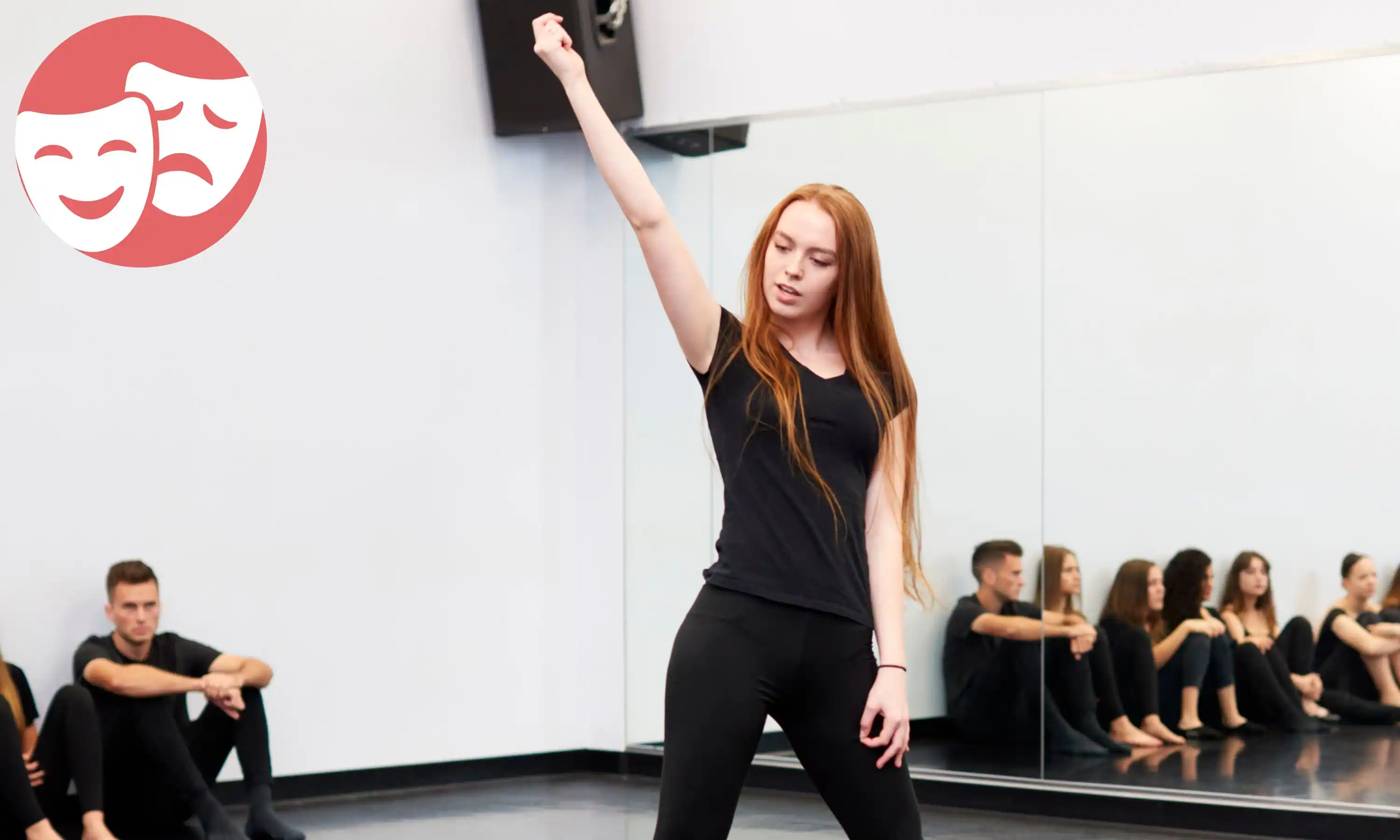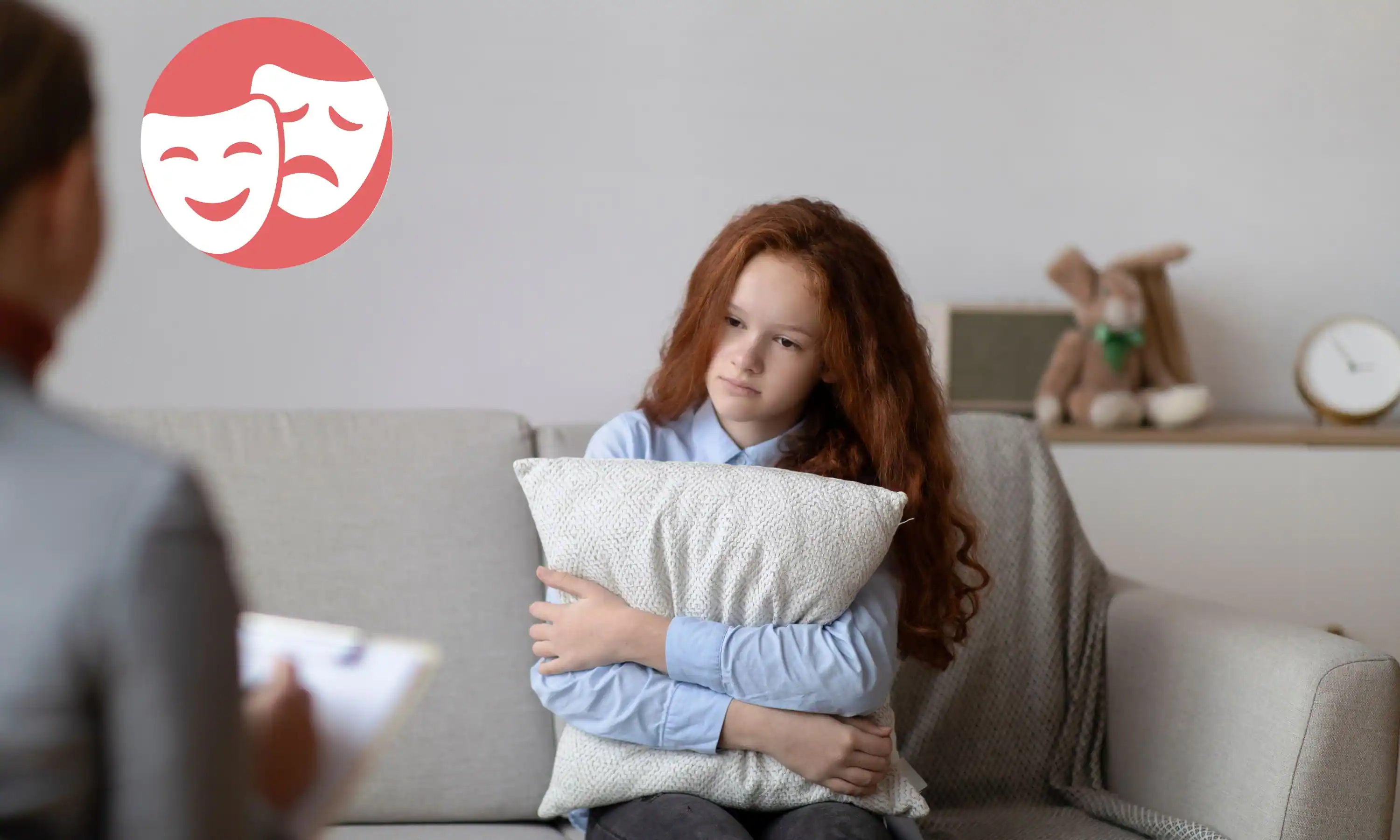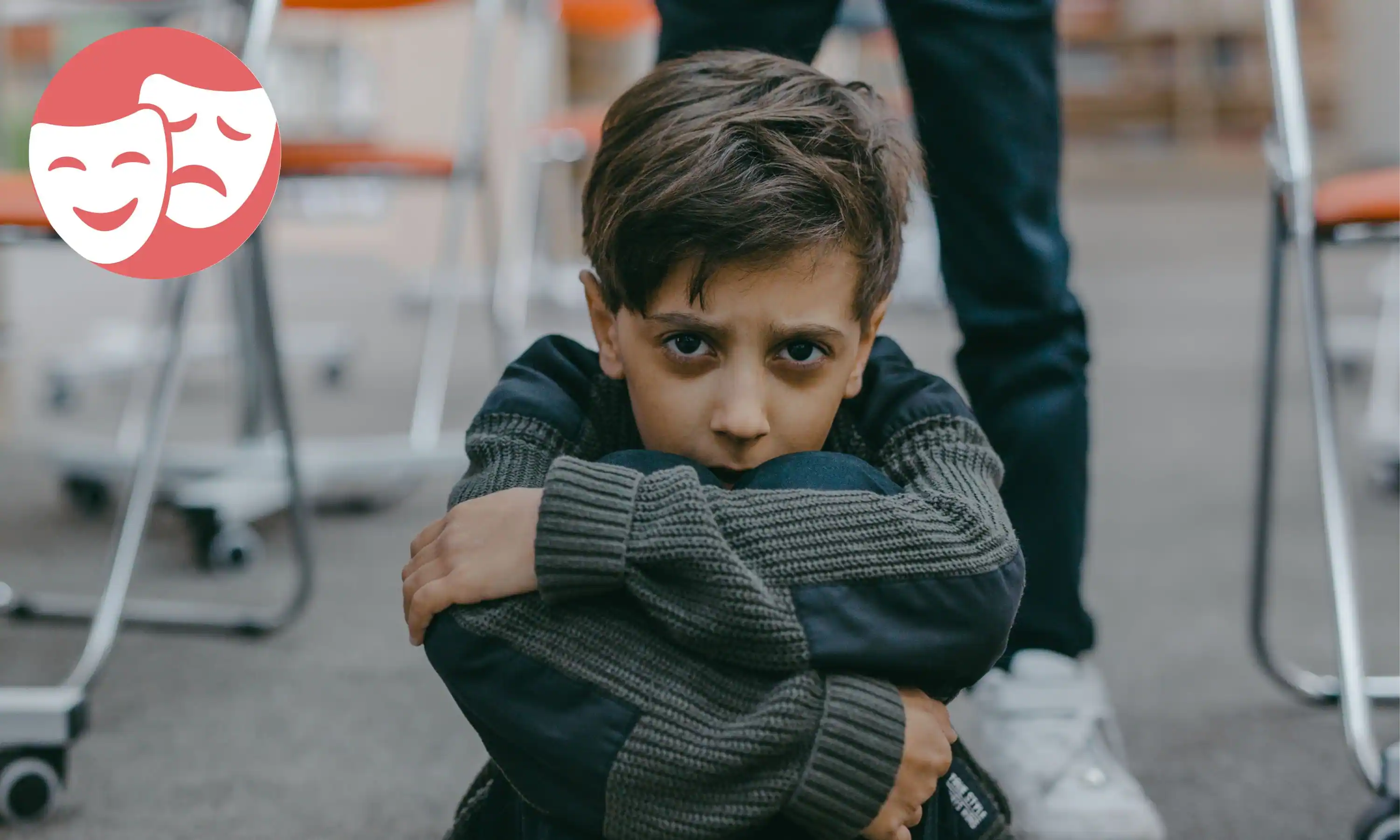Support Your Child’s Confidence
in and out of Class
Help them manage stress, stay organized,
and thrive academically.
Succeeding in School
Designed with educators, backed by psychology, and
easy to integrate into your school’s routine.

Plan Objectives
 Improving Time Management
Improving Time Management
Teach children how to organize tasks and complete schoolwork efficiently.
 Developing Emotional Awareness
Developing Emotional Awareness
Help children recognize and regulate emotions related to academic stress.
 Overcoming Fear of Failure
Overcoming Fear of Failure
Provide strategies to help children build confidence and reduce school-related anxiety.
 Strengthening Problem-Solving Skills
Strengthening Problem-Solving Skills
Teach children how to navigate academic and social challenges effectively.
Why This Plan?
This plan addresses the following challenges by developing targeted skills

My child doesn’t complete work on time

My child is unaware of their own emotions

My child has fears that overwhelm them

My child gives up easily on relationships
My child doesn’t complete work on time
How This Plan Helps
Helps children develop the confidence to tackle assignments independently.
Skill: Self-Confidence
Course: Confident You: Believe in Yourself
My child is unaware of their own emotions
How This Plan Helps
Teaches emotional awareness and self-regulation to manage school stress.
Skill: Self-Management
Course: Emotional You: Managing Your Emotions
My child has fears that overwhelm them
How This Plan Helps
Provides strategies to handle test anxiety and fear of academic failure.
Skill: Fear Management
Course: FearLESS: Building Brave Young Hearts
My child gives up easily on relationships
How This Plan Helps
Encourages children to navigate friendships and school-related conflicts positively.
Skill: Conflict Resolution
Course: Conflict Resolution Foundations
01Staying on Top of Schoolwork
Teaches children how to manage time effectively and complete assignments on schedule.
02Managing Stress and Emotions at School
Provides children with techniques to regulate emotions and handle academic pressures.
03Overcoming Test Anxiety
Helps children develop confidence in their abilities and reduce anxiety before exams.
04Navigating Peer Relationships at School
Equips children with conflict resolution strategies to handle disagreements and social challenges.
Real-Life Applications
How this plan's skills apply to real-world scenarios for everyday success
Courses Included


Confident You: Believe in Yourself
Emotional
Self-Confidence
Course Details:
Modules: 4 |
Lessons: 33
Discover Self-Belief: Understand how confidence transforms growth and relationships.
Master Positive Self-Talk: Replace self-doubt with empowering inner dialogue daily.


Emotional You: Managing Your Emotions
Emotional
Self-Management
Course Details:
Modules: 4 |
Lessons: 33
Understand Emotions: Recognize how feelings influence thoughts, behaviors, and relationships.
Cope with Stress: Use breathing and distraction techniques to manage challenging emotions.


FearLESS: Building Brave Young Hearts
Emotional
Fear Management
Course Details:
Modules: 4 |
Lessons: 31
Understanding Fear: Recognize fear’s role and learn when it’s helpful or harmful.
Coping Strategies: Explore methods to manage fears like social anxiety and failure.


Conflict Resolution Foundations
Social
Conflict Resolution
Course Details:
Modules: 4 |
Lessons: 32
Strategies: Develop approaches to handle conflict constructively through communication and empathy.
Emotions: Manage emotions in conflict using mindfulness and positive self-talk.
Meet the Course Creators

Dr. Lisabeth Medlock
Confident You: Believe in Yourself
Dr. Lisabeth Medlock
Confident You: Believe in Yourself
Dr. Medlock is a psychologist, ICF and Board Certified Coach and consultant with a mission to help people and organizations do better and be better. She serves as an advocate, solutions finder, change agent, and resource. For 30 years she has worked with public and nonprofit organizations, beginning in middle schools developing self-competence and conflict resolution programs. She has worked with over 100 organizations to improve their impact on the people and communities they serve. She has been a blogger for the Huffington Post, a TEDx speaker, an author, and has developed myriad curricula, training manuals, and self-help booklets.

Dr. Corina Weir
Emotional You: Managing Your Emotions
Dr. Corina Weir
Emotional You: Managing Your Emotions
Dr Corina Weir with over 8 years of specialized experience in behavior change and pediatric psychology. As a former University lecturer, she has a passion for educating the next generation. Her role as a working mother of two young children provides her with firsthand knowledge of the challenges and importance of fostering skills in emotional regulation.

Lauren Hudak
FearLESS: Building Brave Young Hearts
Lauren Hudak
FearLESS: Building Brave Young Hearts
Lauren Hudak is an educator with over eight years of experience. After graduating from the University of Virginia with degrees in English Literature and Media Studies, she went on to get her Masters in Teaching from New York University. Lauren has worked with all ages of students from Pre-K through college, but she thrives when working with middle schoolers. She believes this is the perfect age to integrate mindfulness, technology, and social emotional learning into student learning objectives. She wants to help students conquer their fears and build a better world. When she’s not teaching, Lauren loves being outdoors, traveling and spending time with her family.

Ali Dareneau
Conflict Resolution Foundations
Ali Dareneau
Conflict Resolution Foundations
Ms. Dareneau is an English teacher with dual degrees in Psychology and English Education, she enjoys helping students reach their potential, especially when it comes to English Language Arts. With over 16 years of classroom experience and working with education-based companies, she brings creativity and enthusiasm to the classroom and beyond. She earned a Bachelor's degree in Psychology in 2007 and completed her Masters's degree in English Education in 2013 which have both shaped her into the passionate educator she is today. Her professional experience as an English teacher, curriculum designer, and writer demonstrates her passion for reading and writing and solidifies her belief all students can strengthen their reading and writing skills no matter what level they begin their journey.
Sample Lesson Preview 
Confident You: Believe in Yourself
What is Self Confidence?
Definition of Self-Confidence
Let’s talk about what self-confidence means.
Self-confidence is something you can’t touch, but it affects how you feel. You can’t see it, but it is there when you look in the mirror. You can’t hear it, but it is there every time you talk about yourself.
Self-confidence is feeling good about yourself and knowing you are a likable, capable person.
I am sure self-confidence is a word you have heard and maybe you even know how to tell if people are confident. In this module, you will learn about self-confidence and self-esteem and how to identify both good and poor confidence and esteem. Remember, you can improve your self-confidence.
Sample Lesson Preview 
Emotional You: Manage Your Emotions
Recognizing Anger
Recognizing Anger
Recognizing anger is like learning to spot a storm before it hits.
When you’re angry, you might feel your face get hot, your fists clench, or your heart beat faster.
Your thoughts might be racing, thinking about what upset you or how unfair things seem.
Psychologists say that noticing these signs helps you manage your emotions better.
Paying attention to how your body feels and what you’re thinking when you’re angry can help you to handle anger in a healthy way.
Knowing when you are angry is the first step to then using tools to cope with the anger in helpful ways.
Sample Lesson Preview 
FearLESS: Building Brave Young Hearts
Fight, Flight, or Freeze
The Triple F’s of Fear
Fight, Flight, and Freeze are the three basic ways that our bodies respond to threats.
Your brain might decide that fighting the danger is best. For example, if you are faced with an unfriendly animal, you might yell or throw things at it to try to get it to go away. You might have learned to wave your arms and stomp your feet. You’re trying to prove that you are the bigger threat so the animal will leave you alone!
Sometimes, flight is the best option. Your brain wants to get you out of a dangerous situation quickly. This could mean physically running away from something scary, but it could also mean avoiding something that you find intimidating. For example, maybe it means not raising your hand in class because you’re scared you’ll get the answer wrong in front of others.
The last “F” stands for freeze. Sometimes, your brain can’t make a decision. Instead of fighting or running from the danger, you freeze up. You might have a hard time speaking or yelling, your mouth might go dry, or you might feel faint or lightheaded.
Sample Lesson Preview 
Conflict Resolution Foundations
Causes of Conflict
Emotional Hot Buttons
It can be challenging dealing with emotional hot buttons, but there are several ways to manage them effectively.
First, identify your hot buttons by being aware of situations that make you upset or angry.
Second, calm your emotions with deep breathing or counting to ten when you feel highly emotional.
Third, talk about your feelings with a trusted friend, teacher, or parent; sharing your emotions can help you feel understood and less alone. Try to always speak from your own perspective. Do this by using “I” statements, like “I feel upset when…” to express how you feel.
Fourth, stay active through sports or hobbies to release built-up stress.
Fifth, keep a journal to write about your feelings, which can help you understand and manage them better.
These strategies can help you handle emotional hot buttons in a healthy way and improve your overall well-being.
